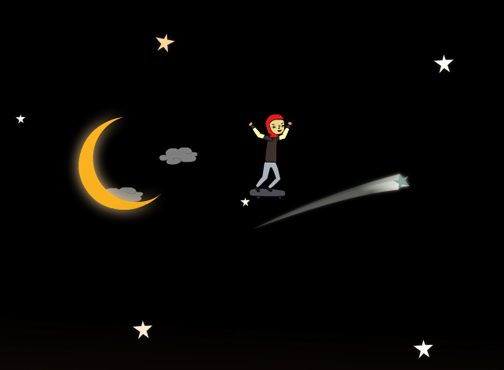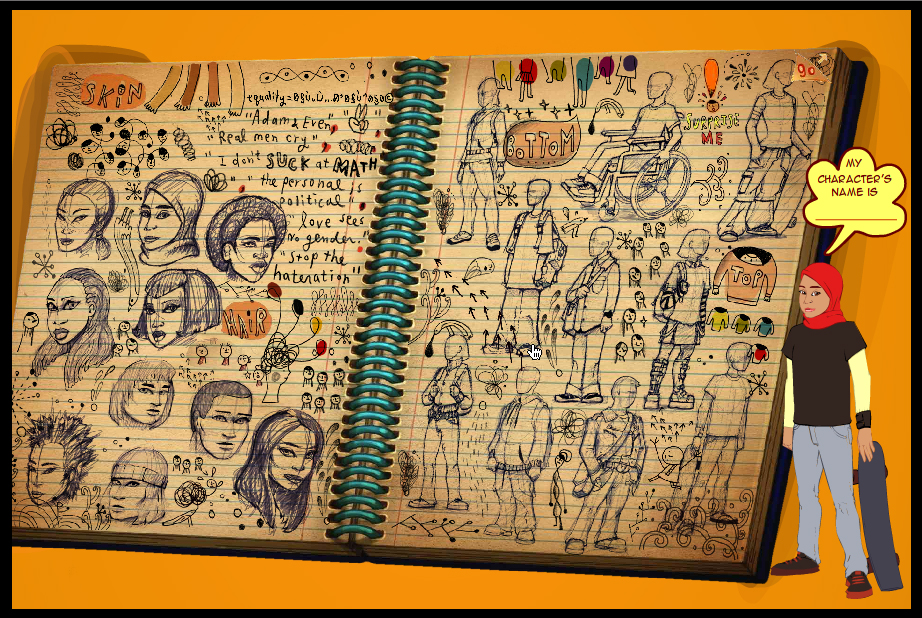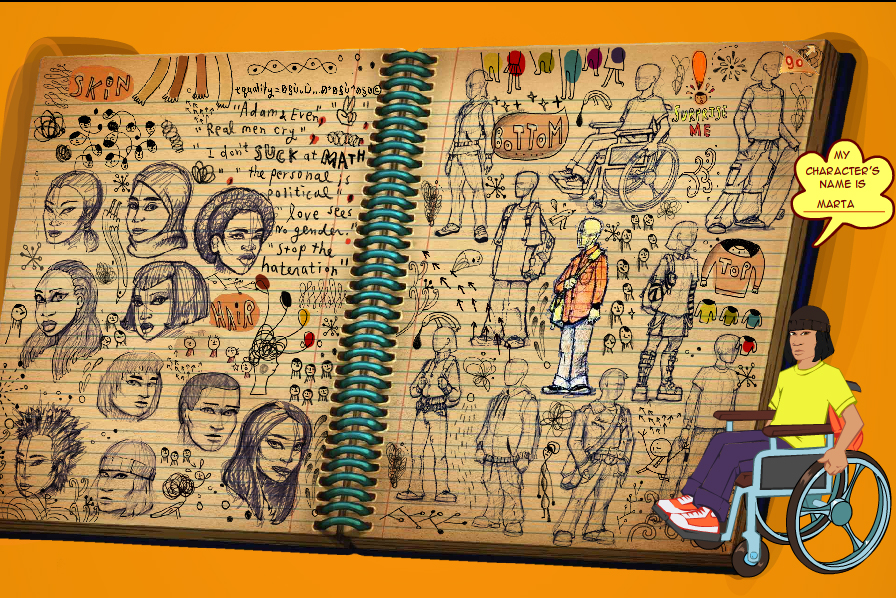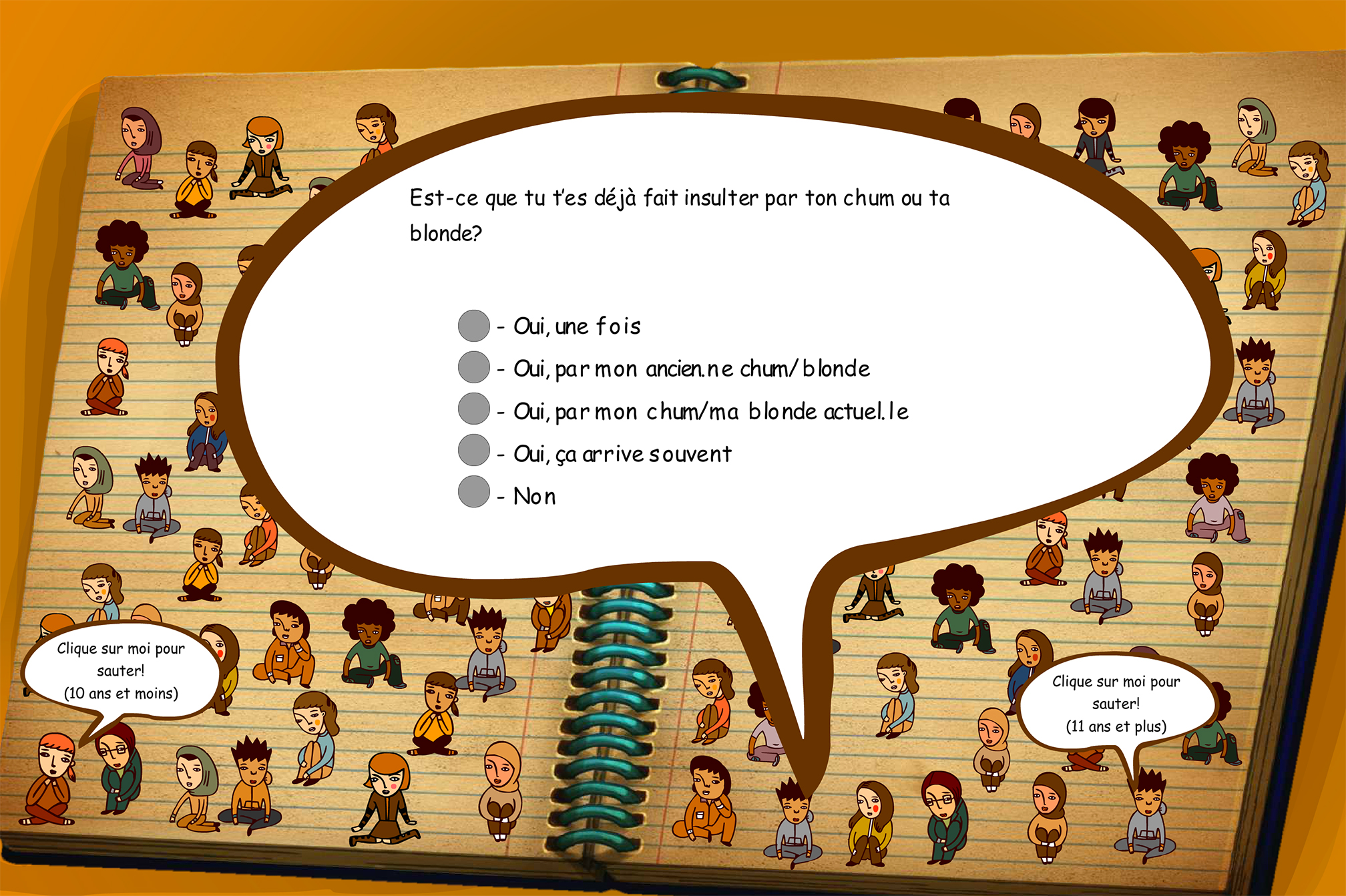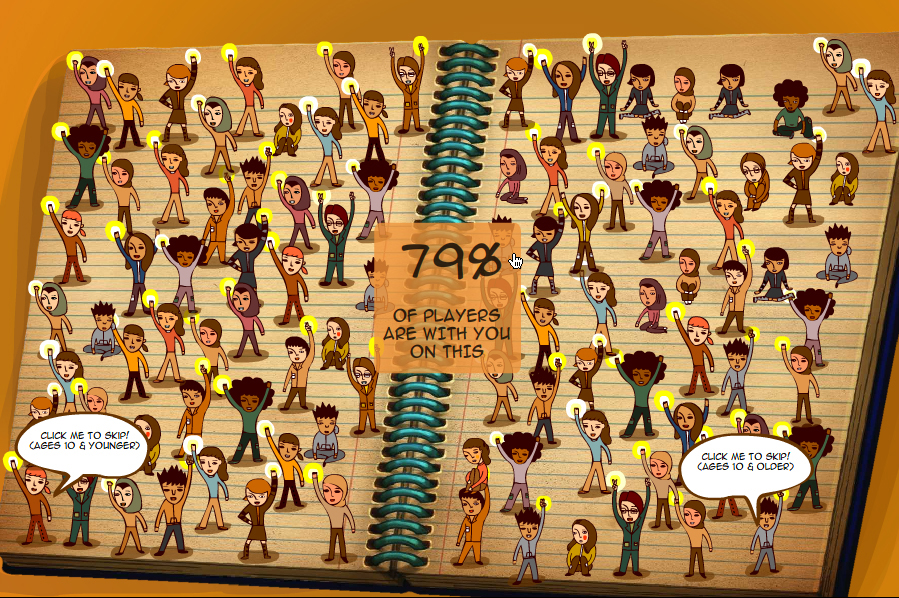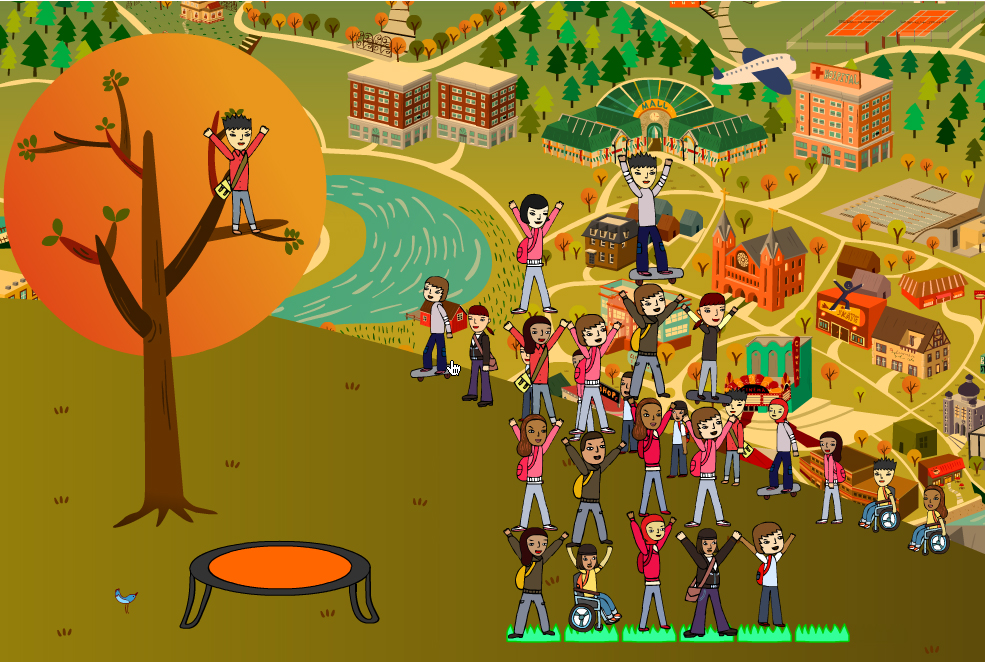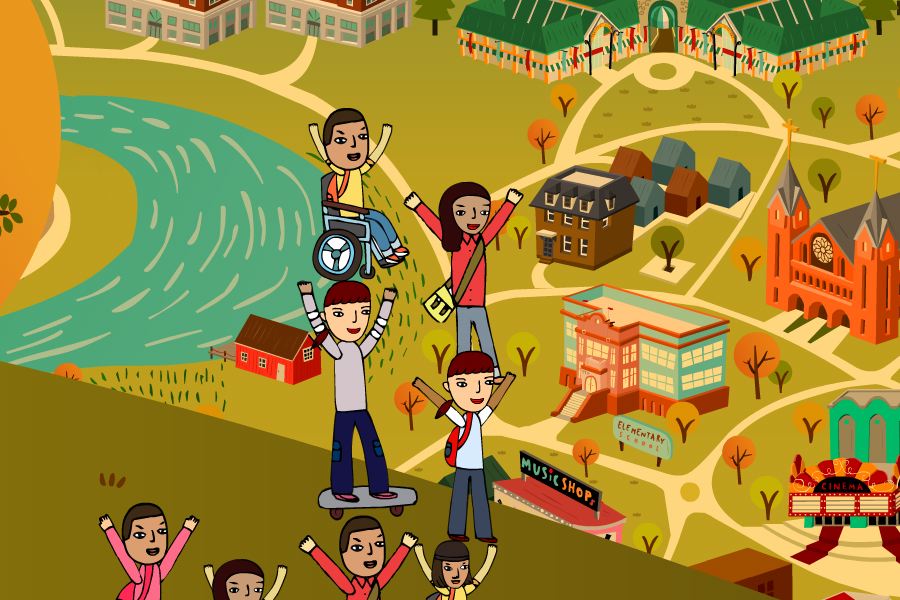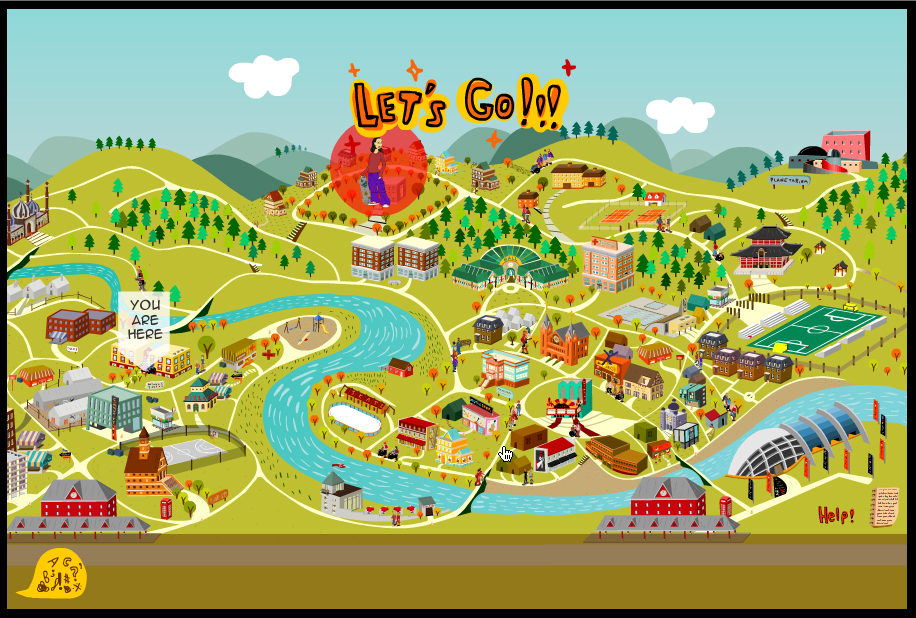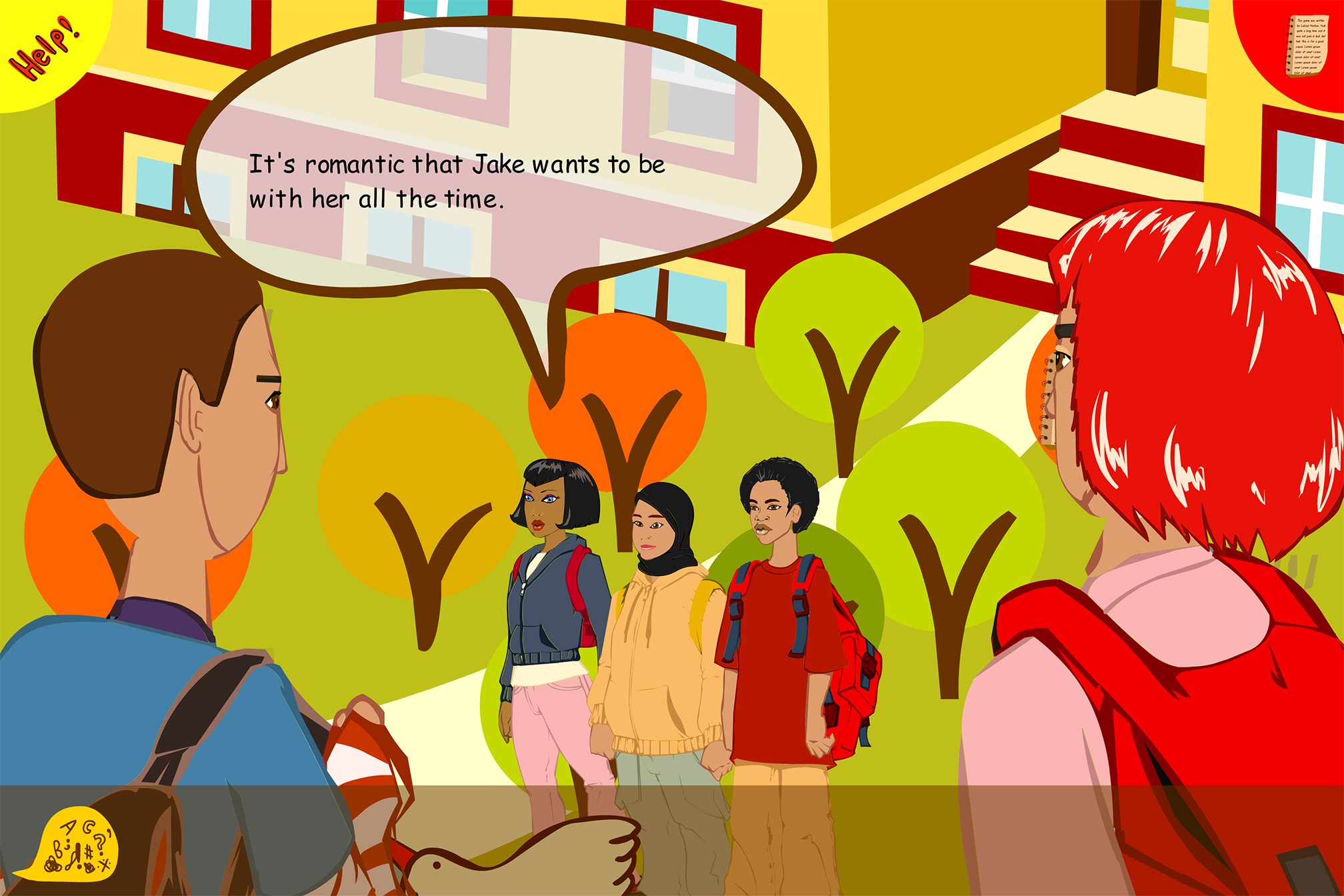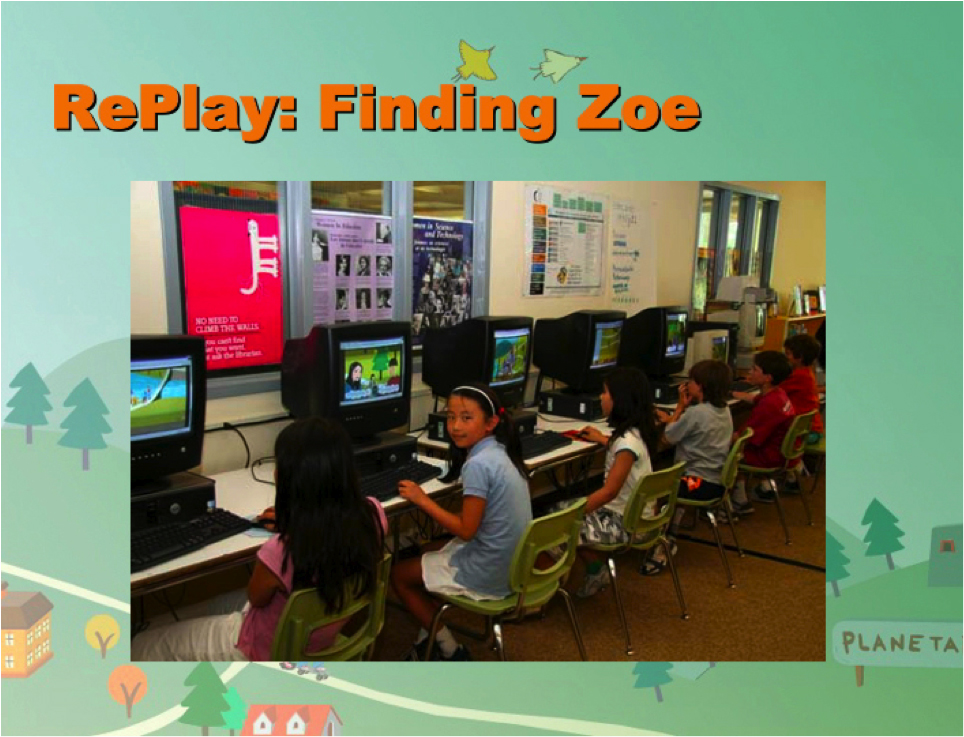Finding Zoe
““RePlay: Finding Zoe/ReJouer: Où est Zoé?” is a game for children and teens that challenges gender stereotypes and gender-based violence. It tells the story of two friends searching for their friend Zoe, who they fear is caught in an abusive dating relationship. ”
“The game marked the first of several collaborations between Take Action Games and the Metropolitan Action Committee on Violence Against Women, a Canadian advocacy non-for-profit well known for its commitment to the rights of women and children to live their lives free of violence and the threat of violence. ”
TAG worked closely with METRAC to incorporate their long-standing subject matter expertise in the game. Numerous local and national partners and sister organizations were consulted, including the White Ribbon Campaign, Shelternet: Making the Links for Abused Women, and The Ontario Coalition of Rape Crisis Centres. An interdisciplinary advisory committee was assembled for the project that included educators and school board members, experts in technology and communications, violence prevention organizations, and people who work with youth. The committee provided guidance at all stages of the project. METRAC conducted a literature review to examine research and ideas about the impact of video games on young players, grounding it in an analysis of games, learning theories, and a systemic analysis of violence and power in society – particularly sexism and violence against women and girls. Focus groups were conducted with more than 250 diverse young people in the province of Ontario and to learn about their game playing behaviors, ideas and preferences, information directly utilized in the game’s design.
Awards and Acclaim
“RePlay: Finding Zoe/ReJouer: Où est Zoé?” has won several awards, including the Adobe 2009 MAX Award for Social Responsibility, the Ashoka Changemakers & Robert Wood Johnson global competition “Why Games Matter: A Prescription for Improving Health and Health Care,” and the Adobe-Techsoup Design Contest “Show Your Impact.” It and was included in a United Nations (UN-HABITAT) report titled “The Global Assessment on Women’s Safety” as an exemplar of an innovative partnership between a social justice organization and a media developer. The project was an Adobe “Success Story,” and was showcased at the International Emmy World Television Festival as part of the “Telling Stories, Changing Minds” program entitled. Zoe was also an Ashoka Changemakers finalist in their global competition “No Private Matter! Ending Abuse in Intimate & Family Relations.” It has exhibited in various of game art venues, including the San Jose Euphrat Museum of Art’s group exhibition “Learn to Play” along with pioneering pieces in the gams field such as Brenda Brathwaite’s “Train,” Molleindustria’s “Every Day The Same Dream,” and thatgamecompany’s “Flower.”

